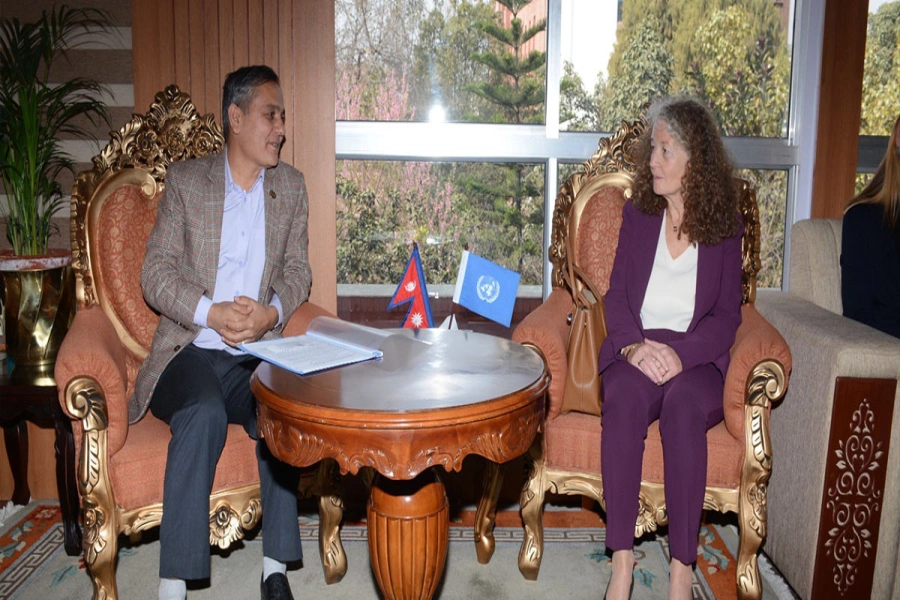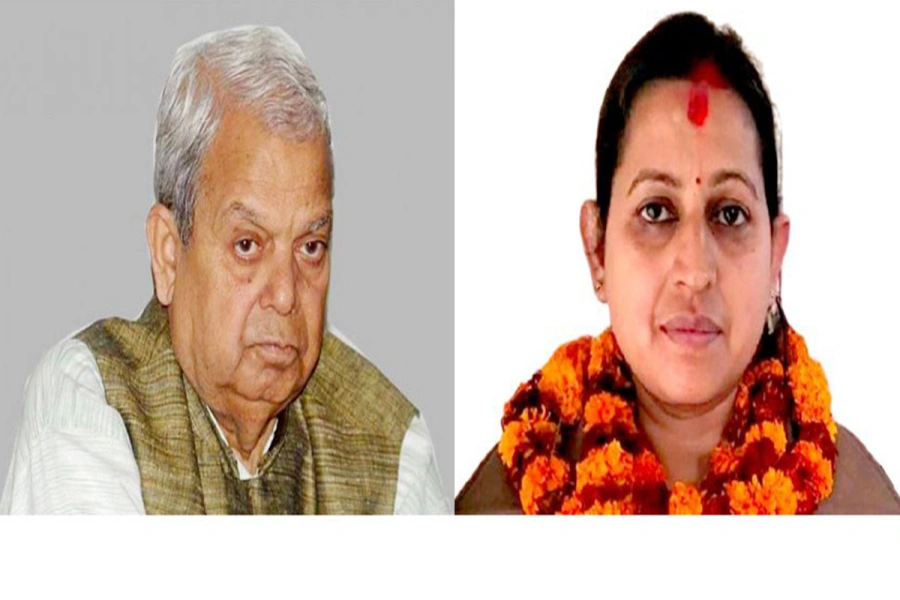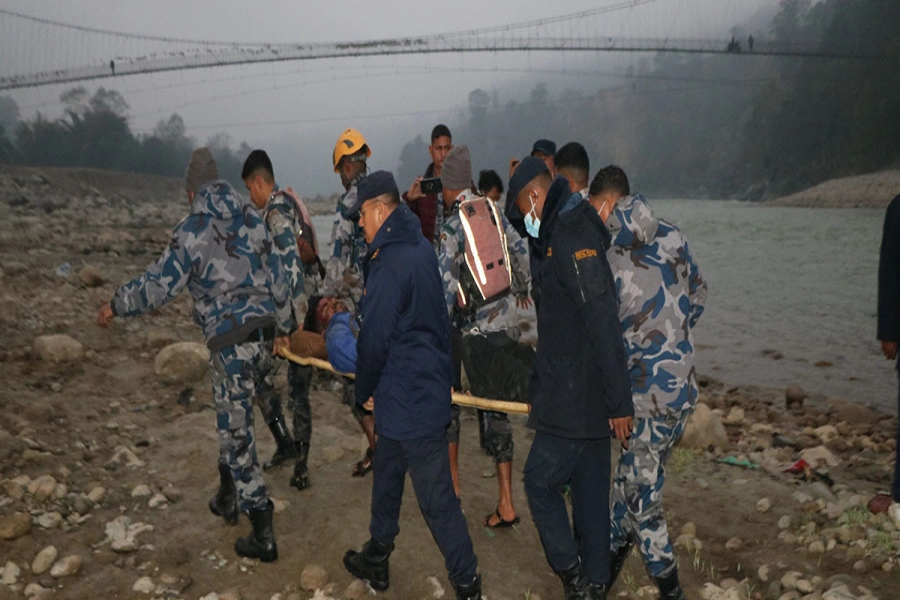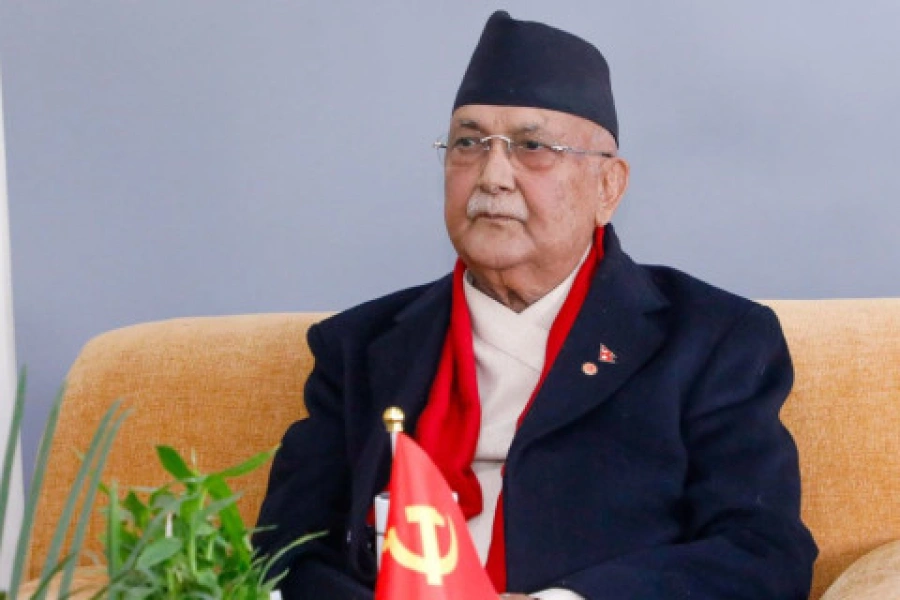KATHMANDU, March 14: Experts have underlined the need to execute projects under public private partnership (PPP) modality at the earliest.
Though the government has prioritized execution of projects, especially infrastructure projects, under PPP model by utilizing expertise of the private sector, it is yet to be seen in practice.
Speaking at a workshop on PPP Policy 2072 organized by the National Planning Commission on Tuesday, PPP expert Binod Atreya said that the government should execute at least few projects in PPP model. “Success of these projects can trigger more such projects in the future,” he added.
PPP Policy was endorsed one and half years ago. But it has not come into implementation yet.
The PPP Policy envisages setting up PPP Center under the NPC to facilitate PPP projects. But NPC has been lobbying for revising the policy to make it more workable. It also wants to define the ceiling of the percentage of the project cost in viability gap funding and replace finance secretary as the chair of the center’s steering committee by the NPC member who has been looking after PPP issues.
“State-run corporations like Udayapur Cement Factory can benefit a lot from private sector’s expertise,” said Atreya.
NPC seeks revision in PPP Policy to pave way for PPP Center

Many say the to-be-formed PPP Center will the jurisdiction of Investment Board Nepal (IBN) which is overseeing the projects of above Rs 10 billion.
“Do we need PPP Center when IBN is doing similar works?” Atreya questioned.
PPP Policy states that the PPP Center is the only authority to define PPP projects and determine viability gap funding for projects that need additional funds to make the project financially viable.
The PPP Act, which is essential to implement PPP Policy, is, however, still not endorsed.
Several hydropower projects are being successfully implemented under PPP modality. Other PPP projects like Kathmandu Upatyaka Khanepani Limited (KUKL) and Kathmandu Tarai Expressway, however, have disappointed. KUKL is a glaring example of the failure of PPP modality. Similarly, the government backtracked from the PPP model and decided to build the expressway project by mobilizing its own resources after it courted controversy.
Sunil Babu Shrestha, a member of the National Planning Commission (NPC), agreed that KUKL and the expressway projects were a failure in terms of PPP. “But we need more PPP projects. They are important to achieve Vision 2030 targets,” he added.
Atreya also said he was unsure whether the provision of bringing 11 government secretaries in the steering committee of the PPP Center would work. “We should select efficient managers from the private sector as well as experts to make the committee more efficient and manageable,” he suggested.
Former Secretary Purna Kaderiya, who was a key member of team that devised PPP policy and other documents related to PPP modality, said that PPP Policy is very clear. “Any projects with defined public interest and welfare can be built under PPP modality. It won’t work for projects with profit motives and corporate interests,” said Kaderiya, adding that private sector should take risk and also handle the management to make a good PPP project.
Former Finance Minister Madhukar Shamser Janga Bahadur Rana suggested making proper assessment of project’s cost analysis, profitability and most importantly social benefits. Joint Secretary of IBN Madhu Bhetuwal said there was a need to forge effective coordination between line ministries while implementing PPP projects.
Birendra Pandey, national council member of Confederation of Nepalese Industries (CNI), suggested setting up a dispute resolution board, foreseeing future problems.



































